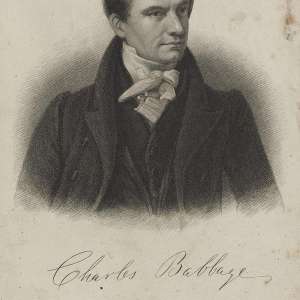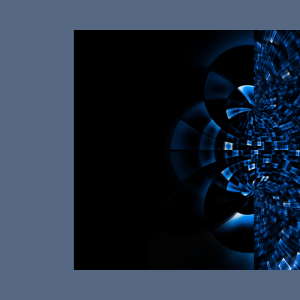
Godel's results and ideas as well as their reception are such stuff as paradoxes are made of. His best known achievement is his first incomplete¬ ness theorem, which says that in any consistent axiomatization of elemen¬ tary number theory there are true but formally unprovable propositions. This result is often perceived as somehow showing that there are limita¬ tions of what can be done in mathematics by logical and axiomatic means. The plain truth, endorsed by Godel himself, is quite different. Godel's first incompleteness theorem does not in any way restrict our possibilities of capturing mathematical truths by setting up axiom systems and by studying the logical consequences of the axioms. What Godel-type results show is that those consequence relations cannot be exhaustively captured by purely mechanical (recursive, computable) rules. Godel's first incom¬ pleteness theorem thus marks certain limitations of what computers can do in mathematics, not of what humans can do (or what axiom systems can do, for that matter).
2The "logical" reaction to such Godelian incompleteness would thus have been to emphasize the rule of those logical consequence relations that cannot be captured by mechanical (recursive) rules. For reasons to be discussed below, this nevertheless has not been the reaction of the major¬ ity of philosophers.
3In some cases, reactions to Godel's incompleteness results are based on misunderstandings. In his contribution to this volume, Panu Raatikainen straightens out some of them. (See also Raatikainen 1998 (a) and (b)) More importantly, attempts have been made to approach incom¬ pleteness theorems from the vantage point of the complexity theory of computer scientists. The best known — or at least best advertised — author of this kind is Gregory J. Chaitin (see e.g. Chaitin 1982,1987). So far at least, this approach has resulted only in mystifications but in no gen¬ uine insights. (See here also Raatikainen's papers). The appearance of interesting results is often created by the use of the term "information" which is nevertheless used by complexity theorists in a sense importantly different from its ordinary meaning. (See here Hintikka, forthcoming.)









































